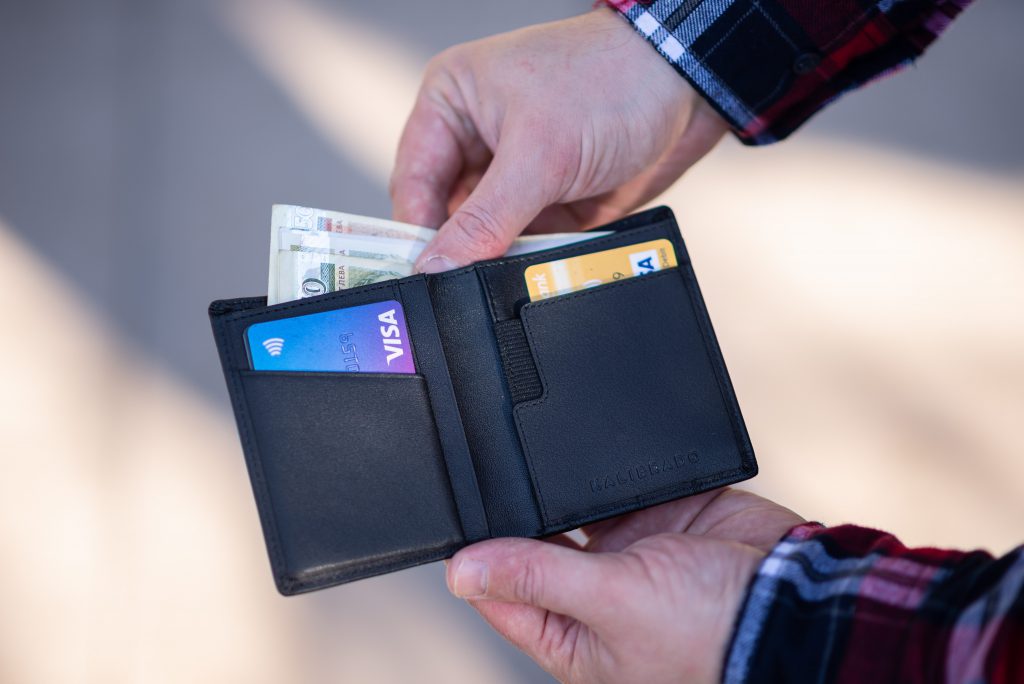In the realm of construction and home improvement, the question of payment methods often arises, especially when dealing with contractors. A scenario where a contractor requests cash payment is not uncommon, but it raises several questions and concerns. This article explores the intricacies of cash payments for construction services in Belgium, offering guidance on how to handle such situations safely and legally.

Understanding the limits of cash payments
First and foremost, it’s essential to understand the legal framework surrounding cash payments in Belgium. While it is permissible to pay in cash, there are specific rules that govern this practice. A contractor can accept a cash payment if the total cost of the work (including VAT) is less than 3,000 euros. If the cost reaches or exceeds 3,000 euros, then the cash payment can only represent 10% of this price, with a maximum of 3,000 euros. For instance, if the invoice amounts to 4,000 euros, the cash payment cannot exceed 400 euros. It’s crucial to note that paying the cost of the work in installments to stay below this threshold is not allowed.
Practical implications for homeowners
– Understanding the legal cash payment limit.
– Avoiding installment payments to circumvent the cash payment ceiling.
Opting for bank transfers
If a contractor insists on a cash payment, it’s advisable to consider alternatives. Cash payments carry risks, particularly for you as the client. Suggest transferring the amount of the invoice to the contractor’s bank account instead. By choosing a bank transfer, you’ll have proof of payment, which could be crucial in any subsequent dispute regarding the payment of the contractor’s invoice.
Benefits of electronic payments
– Traceability and proof of payment.
– Reduced risk of disputes and double payments.
Insisting on payment proof
If you decide to pay in cash, exercise caution and ensure you receive a receipt or proof of payment from the contractor. This documentation is vital as, without it, you could face issues if the contractor later claims that the invoice has not been paid. Without proof, you might be forced to pay the invoice a second time, an obviously undesirable situation.
Protecting your financial interests
– Always demand a written receipt for cash payments.
– Keep all payment proofs for future reference.
Conclusion: Best practices for secure transactions
While cash payments for construction work in Belgium are allowed within certain limits, opting for electronic payments or bank transfers is generally preferable. These methods offer additional benefits in terms of traceability and proof of payment. By adhering to the rules, you can avoid potential risks associated with cash payments. Always keep robust proof of payment to ensure a secure transaction. The next time a contractor requests a cash payment, you’ll know how to respond wisely. By following the recommendations in this article, you’ll protect your rights and interests, ensuring hassle-free construction transactions.
Final thoughts: Transparency and compliance
Always keep in mind the rules surrounding cash payments for construction work. By choosing to proceed transparently, you avoid potential pitfalls associated with cash payments. Ensure you adhere to these guidelines to maintain transparency in your transactions. Remember, in the construction sector, rules and regulations are designed to protect not only contractors but also clients.

 Open Immovlan
Open Immovlan